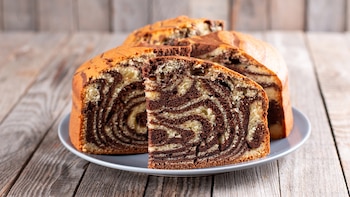
Swipe left to right to navigate this interactive. Click on each photo for more information
“I don't judge at all those who have a private chalet in Miami, or on the French Riviera, those who can't do without foie gras, oysters or so-called gender freedoms. But the problem here is not that, but that many of those people, by nature, are mentally there, and not here, with the Russian people, nor with Russia.” With these words, Russian President Vladimir Putin alluded to his country's billionaire businessmen who grew rich under his mandate, in an exchange of mutual political and economic favors. It was last week in a televised message from the Kremlin that saw the Russian president speak more vehemently than his usual coldness.
Now, hit by heavy sanctions by major European countries and the United States after the invasion of Ukraine since February 24, these Russian oligarchs and leaders are seeing their ties with the Kremlin — which they helped finance for years — turn against them. Not only are their bank accounts frozen in the West, but their properties in Europe, their super yachts and private planes, and are banned from traveling freely in Europe.
“The West will try to bet on the so-called fifth column, on traitors to divide our society, to provoke civil confrontation to achieve its goal. And that goal is the destruction of Russia,” Putin added about his current and former allies, knowing that the objective of the sanctions is to pressure him to stop the military advance on Ukraine.
Those Russian oligarchs and Putin's closest environment, who benefited from the discretion of the favors system installed by the Russian president, gained more and more power and money as the head of the Kremlin rose in his political career, and formed a political and economic caste whose fortunes are now the target of the scrutiny of Western authorities like never before.
A considerable part of this wealth is not in Russia, but abroad. These Russian elites have been using offshore firms and the international financial system for decades to channel their spurious wealth out of that country without major obstacles. From bank accounts in Switzerland where fiscal secrecy reigns, to luxurious mansions in the most expensive areas of London; from summer villas in Sardinia to super yachts and private aircraft registered in tax havens.
So far, only a few of these assets have been publicly known. To track where the rest is, the international journalistic consortium Organized Crime and Corruption Reporting Project (OCCRP) launched the Russian Asset Tracker (Russian Asset Tracker) project. He did this together with almost thirty media outlets in Europe, headed by the British The Guardian. The first installment of this global research is being published today Infobae, the sole partner of the project in Argentina, together with La Nación.
The work began with a review of the list of 35 people included in the so-called “Navalny list”. This is the list that dissident Russian activist Alexei Nevalny identified as “key facilitators and beneficiaries of the Kremlin's kleptocracy.” This opposition leader was poisoned with a military nerve agent in August 2020. Transferred to Germany, the doctors managed to save his life. Navalny later reported that his assassination attempt was carried out by the Putin regime. In January 2021, he was arrested as soon as he returned to Moscow. Soon after, Navalny's Anti-Corruption Foundation called on the European Union and the United Kingdom to sanction 35 people who are “actively involved in the oppression and corruption that characterizes the Putin regime.”
The names of Russian oligarchs and hierarchs from Navalny's list were expanded to more than 100 relatives and front men connected with them. For three weeks, nearly 100 journalists from more than 25 media outlets searched for property, property and companies under their names, in different registers of real estate, aircraft, ships and commercial companies. Thus, this Russian Asset Radar is the most rigorous audit published so far on the assets held outside Russia by some of the country's most powerful oligarchs and officials.
However, it is important to clarify that only those goods that have been effectively checked and their owners identified by documentary evidence and other reliable sources are included in this first installment. They also sought to corroborate their dollar value to calculate how much their fortunes amount to.
Thus, 145 assets of 11 oligarchs and members of Putin's red circle were identified, for a total amount of almost USD 17.5 billion. At least 9 more goods, including planes and yachts, with a total value of USD 1.8 billion, are still in the process of being checked. The fortunes of the oligarchs included in this research include 35 mansions, 43 apartments, 7 camps, 27 commercial properties, 7 yachts, 11 private jets, 12 companies, 2 trusts (trusts) and an identified bank account.
“At OCCRP we have been researching and exposing Russian assets in the West for 15 years, so we know how they tend to hide. We wanted to contribute to the global effort that focuses on the most brazen allies of Vladimir Putin's autocratic regime. We track as many of these people's assets as possible and collect them into a database - which we check - so that the public can see them,” said Drew Sullivan, co-founder and chief editor of OCCRP.
The Russian Asset Radar list launched today by OCCRP will be expanded to include other goods as they are checked, and the list of oligarchs will also be expanded, to extend it to others hit by EU, US and UK sanctions.
For Transparency International, the world's leading anti-corruption organization, “the enormous wealth that Russian kleptocrats have accumulated and still maintain, has helped President Putin strengthen his power and exert unlawful influence over the affairs of other nations.” For this reason, the NGO called for “a new campaign to pursue dirty money” of Russian oligarchs and the Kremlin holder's circle of trust, “after years of advocating for crackdown on financial secrecy and holding corrupt and their facilitators accountable.”
Roman Abramovich
It is the majority shareholder of Evraz, Russia's second largest steelmaker, and holds stakes in Norilsk Nickel, the world's largest producer of refined nickel. With his millions, he became famous by becoming the owner of the Chelsea football club of London, current European champion, which he controls through his British company Fordstam Limited. Abramovich announced that he was going to sell it as a result of the sanctions he received for the Russian invasion of Ukraine, although this transaction was suspended due to the freezing of his assets. It could cost more than $2.5 billion.
55 years old, he is one of the businessmen who became meteorically rich in the 1990s, after the fall of the former USSR, which gave him considerable political influence. A member of Putin's inner circle since the end of that decade, Abramovich was deputy and governor of the Chukotka region from 2000 to 2008. He is considered one of the richest people in Russia. He made his fortune by buying Russian oil assets in the wave of privatisation following the end of the Soviet Union, including that of Sibneft and Aeroflot.
Before being sanctioned in March 2022, his net worth amounted to $7.2 billion. He vehemently denied accusations about his closeness to Putin and the Russian government.
In addition to the London club, through his company Fordstam Limited, Abramovich has dozens of properties in the Chelsea neighborhood, one of the most exclusive in London, for more than USD 50 million. Its buildings on London soil include a luxurious 15-room residence in the elegant Kensington district.
He owns several private jets and helicopters. One of them is a Gulfstream G650, registered LX-RAY, owned by the company Clear Skies Flights Limited, registered in the Jersey Islands, considered a tax haven. Its director is Eugene Tenenbaum, one of Abramovich's closest partners. The plane is worth at least $39 million. The US Department of Commerce included the jet on its blacklist of flight ban due to the sanctions imposed, it reported last Friday. The list of its aircraft includes about a hundred Boeing commercial aircraft from Russian airlines Aeroflot, AirbridgeCargo, Aviastar, Nordwind and Utair, and from Romania's Blue Air, several of which have reportedly violated flight restrictions against Russia due to the invasion of Ukraine.
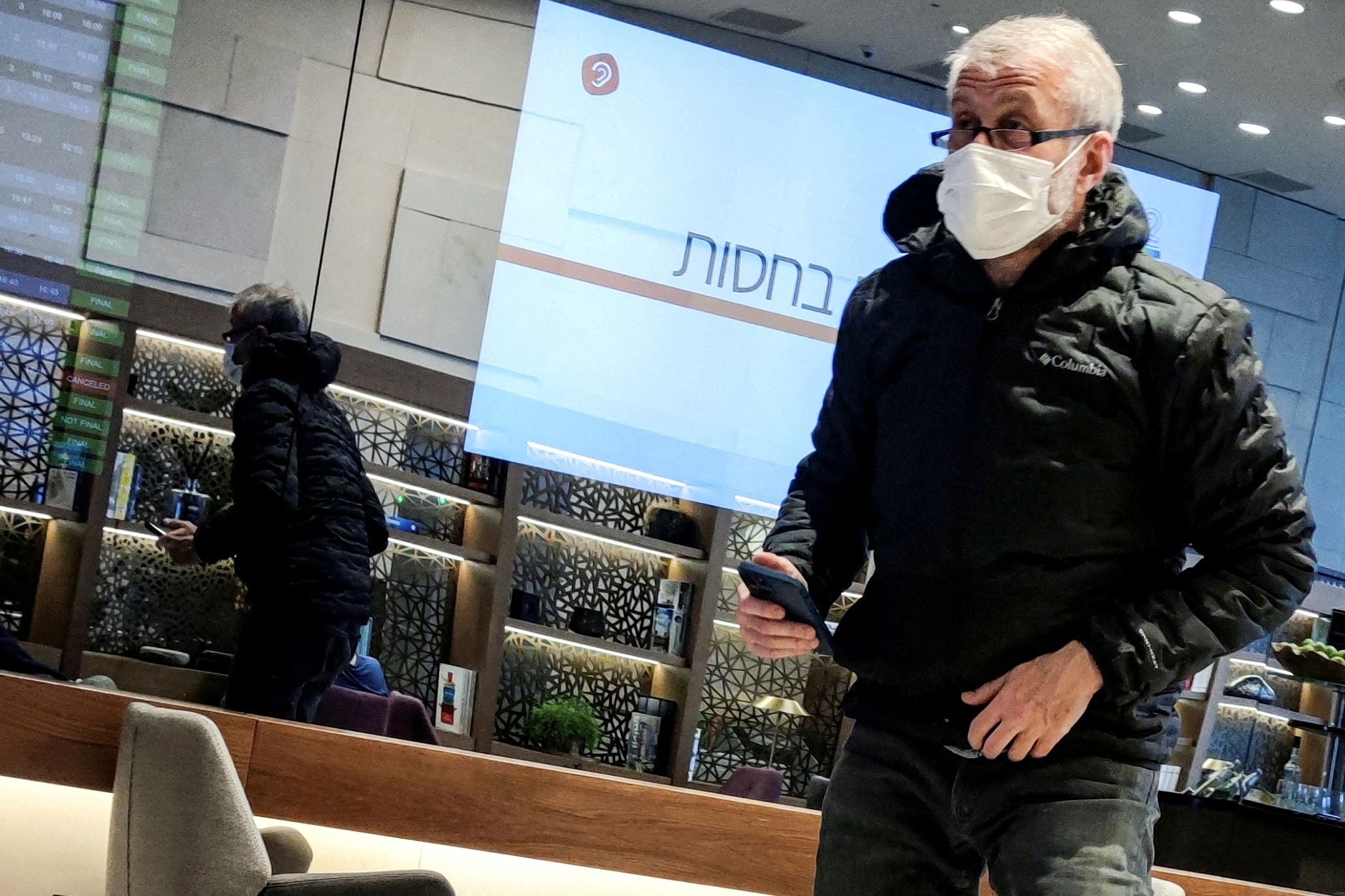
Although Abramovich is not part of the list of Russian oligarchs sanctioned in the United States, he was sanctioned by the UK government for his “decades-long close relationship” with the head of the Kremlin. It was also hit by sanctions imposed by Canada, Australia and the European Union.
The Russian Assets Radar also identified that, with the HF Trust of Cyprus, the businessman amassed more than USD 890 million in 2016. While Abramovich does not appear in registration documents, information from US financial regulator FinCEN shows that he is the sole beneficiary.
Oleg Deripaska
This billionaire is a shareholder of En Plus Group, an Anglo-Russian energy and mining company controlled by Rusal, one of the world's largest aluminum producers. According to US diplomatic cables leaked in 2006, Deripaska was a regular companion on Putin's trips abroad, and one of the few oligarchs with whom the president met regularly. The United States also believes it laundered money on their behalf.
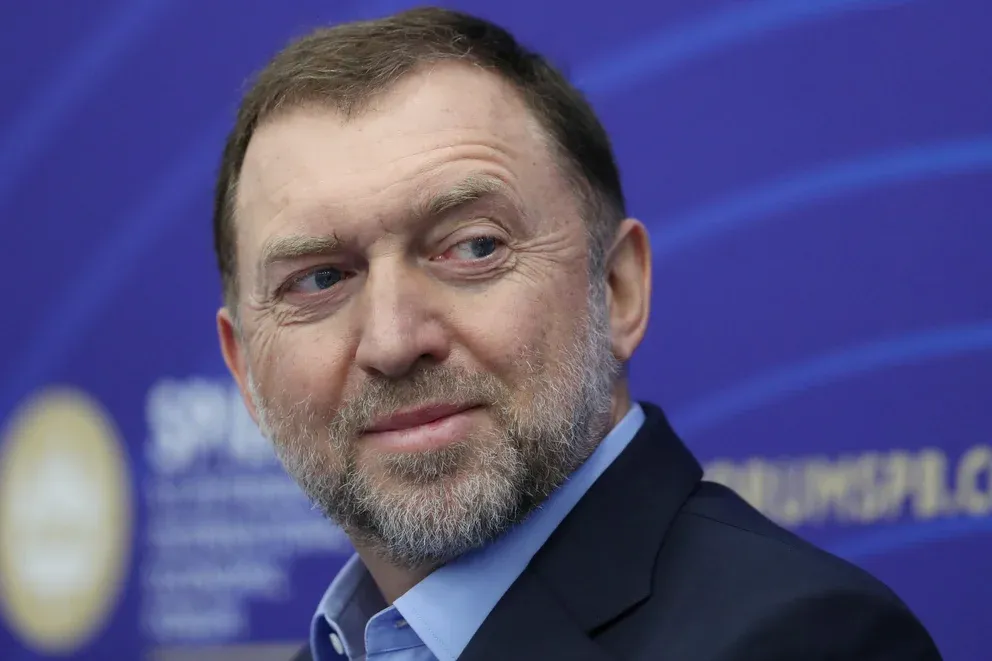
It had already been sanctioned in 2018 by the US Treasury Department for its close ties with the Kremlin, in response to “Russia's global malignant activity.” At the time, the US authorities indicated that Deripaska had been accused of issuing death threats against competitors, of bribing a Russian official and of ordering the murder of a businessman.
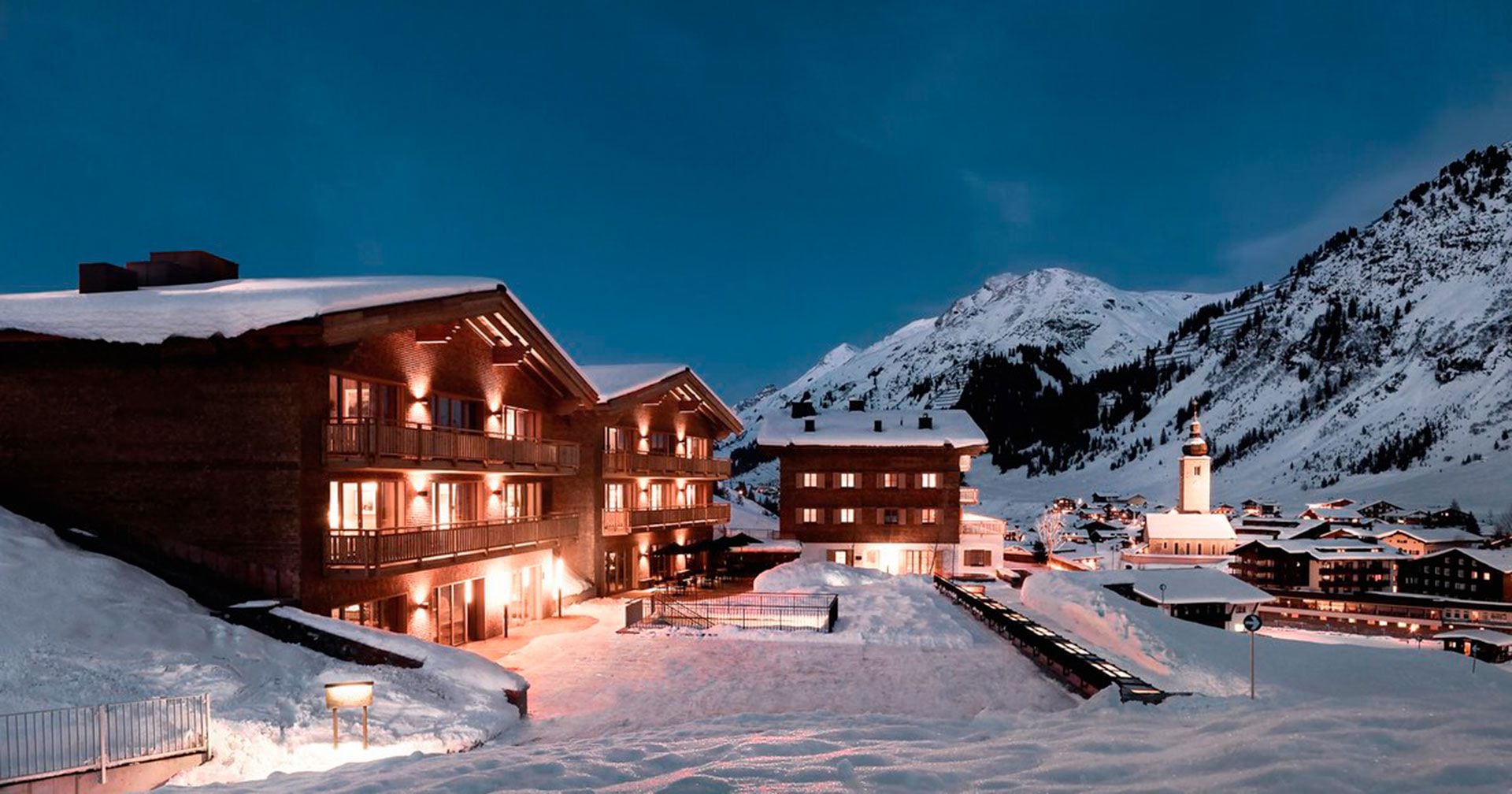
This month, after Russia's invasion of Ukraine, it was hit by sanctions by Canada and the United Kingdom.Among the assets identified by the Russian Assets Radar are the Aurelio Lech ski hotel in the Austrian Alps, which Deripaska owned, through companies from Cyprus, until January 2021. It is now owned by his partner Pavel Ezubov, through the Russian firm Gost Hotel Management LLC. It is valued at USD 3 million.
He also owns the mega yacht Clio, a 72-meter boat, which he controls through companies in the British Virgin Islands and in Cyprus.
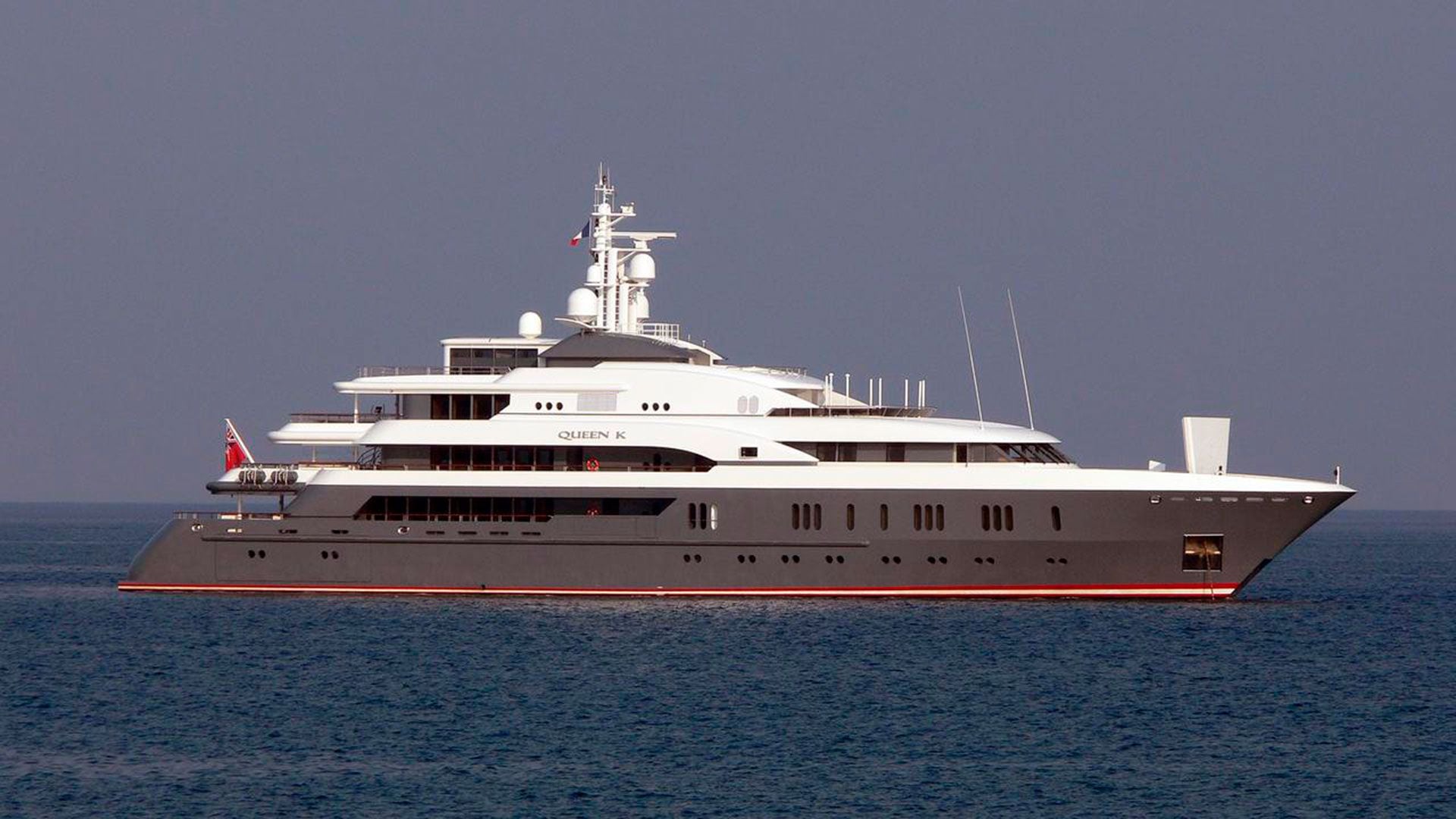
Alisher Usmanov
Russian billionaire born in Uzbekistan with interests in different business sectors, and very close to Putin with whom he is awarded financial ties. In Russia, Usmanov owns 49% of USM Holding, which controls Metalloinvest, Russia's largest iron ore producer, and MegaFon, a telecommunications company. It also acquired stakes in JD.com and Uber Technologies, and controls the Russian newspaper Kommersant. He has a fortune currently estimated by Forbes at over $14 billion.
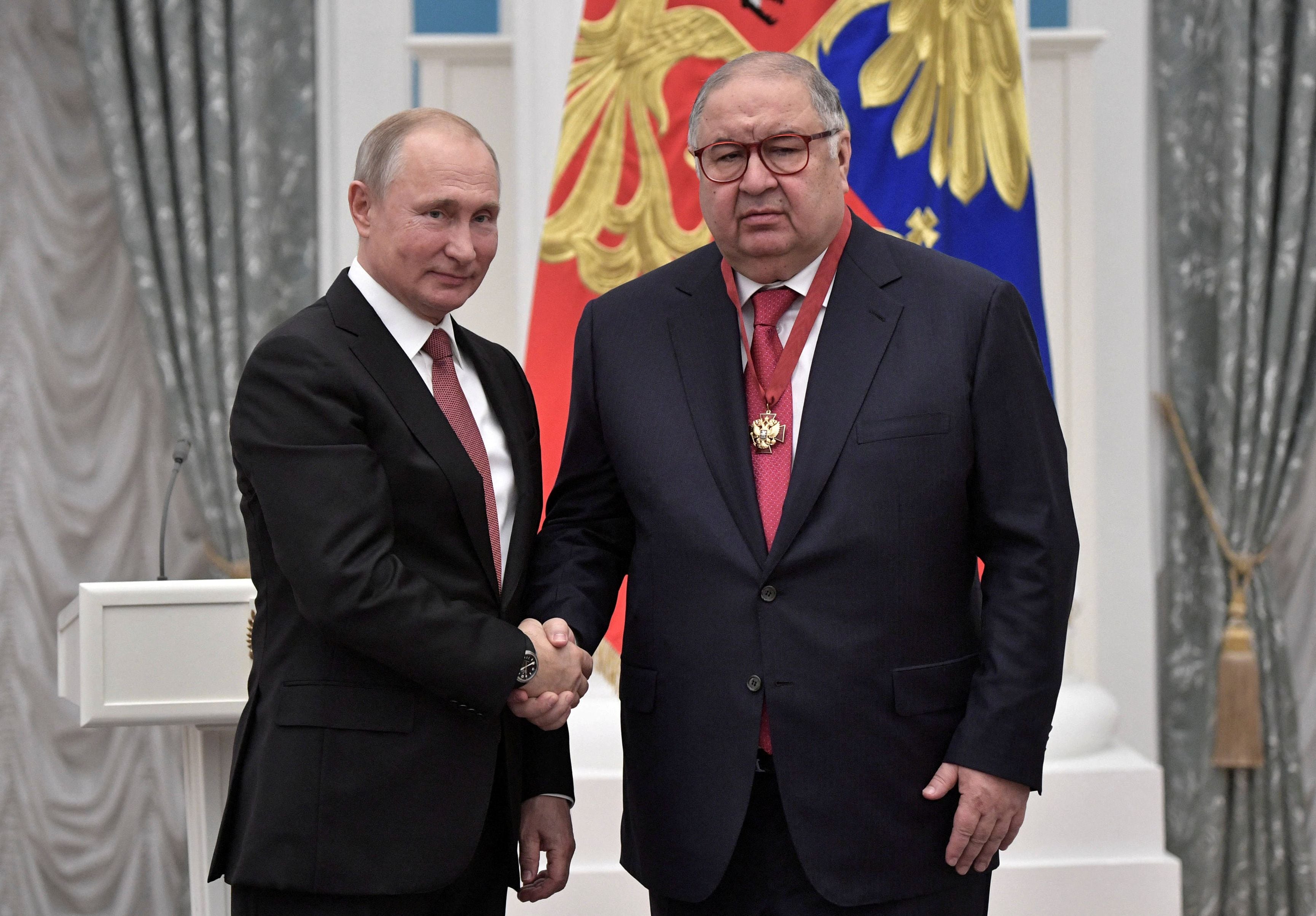
Noted as one of Putin's “preferred oligarchs” and one of his supposed front men, Usmanov was included among those sanctioned by the European Union this month. German authorities seized his superyacht called Dilbar, anchored in the port of Hamburg for refurbishment. The vessel is the largest motor yacht in the world by gross tonnage and is valued at nearly $600 million. The Dilbar has the flag of the Cayman Islands and is registered in the name of a business conglomerate in Malta, which has delayed the seizure process because it could not yet be reliably determined who owned it.
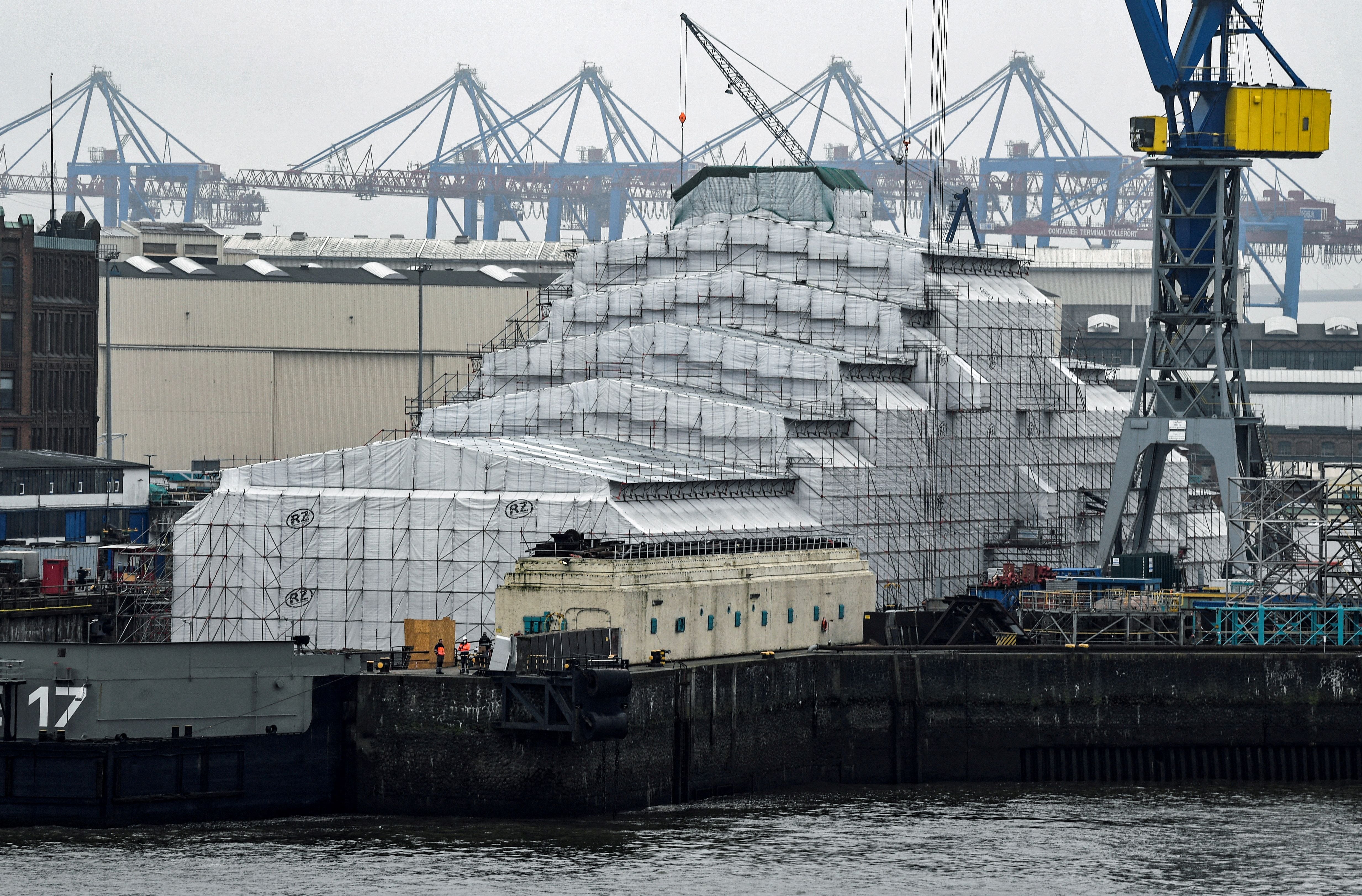
Usmanov was also hit by sanctions by the United States and the United Kingdom, with a total freeze on his assets in that country and a travel ban. In that country, Usmanov owns Beechwood House in Highgate, an estimated $63 million country house built in 1840 in North London where different personalities lived, and the 16th century Sutton Place estate in Surrey. The English football club Everton has already suspended his commercial contracts with this mega-millionaire.
Among the assets identified by the Russian Asset Radar is an Airbus A340-300, registered in the Isle of Man and operated by Klaret Aviation Limited. This Cyprus company would be part of the network of Klaret companies linked to Usmanov. According to the US Department of the Treasury, it is worth between 350 and 500 million dollars and is one of the largest private aircraft in Russia. Its M-ABU license plate refers to “I'm Alisher Burhanovich Usmanov” (“I'm Alisher Burhanovich Usmanov” in English).
Linked to this oligarch are 27 accounts in the Swiss bank Credit Suisse, whose beneficiary was Saodat Narzieva, Usmanov's sister, a medical profession. Almost all of these corporate accounts are linked to emails from the millionaire's holding company, USM, and amassed more than $2.1 billion in 2011. Usmanov told reporters that his sister “has never had personal accounts at Credit Suisse.”
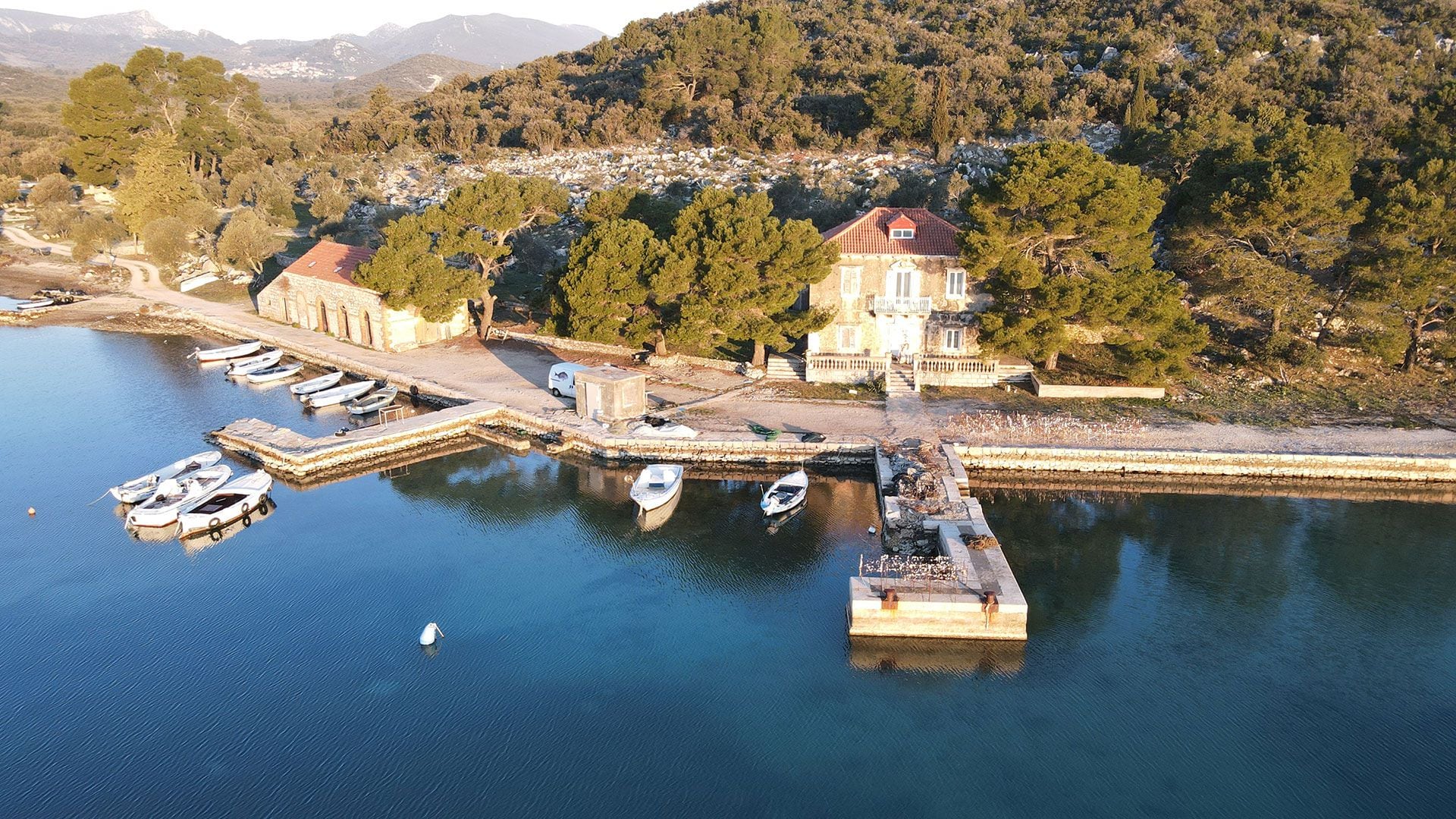
Also notable among its assets are two mansions and a large area of land on the Pelješac peninsula, on the southern Croatian Riviera, on the Adriatic Sea, which are in the name of the company Castellum Aquae, owned by Usmanov through the Cypriot company Klaret Development Limited. The property would be worth $5.6 million.
Igor Sechin
CEO and shareholder of Russian state-owned energy giant Rosnef. A former Soviet KGB spy and a very close and long-standing ally of Putin, he accumulated power by his side by moving in the shadows. He is one of the promoters of Russian policies such as support for the Nicolás Maduro regime in Venezuela.
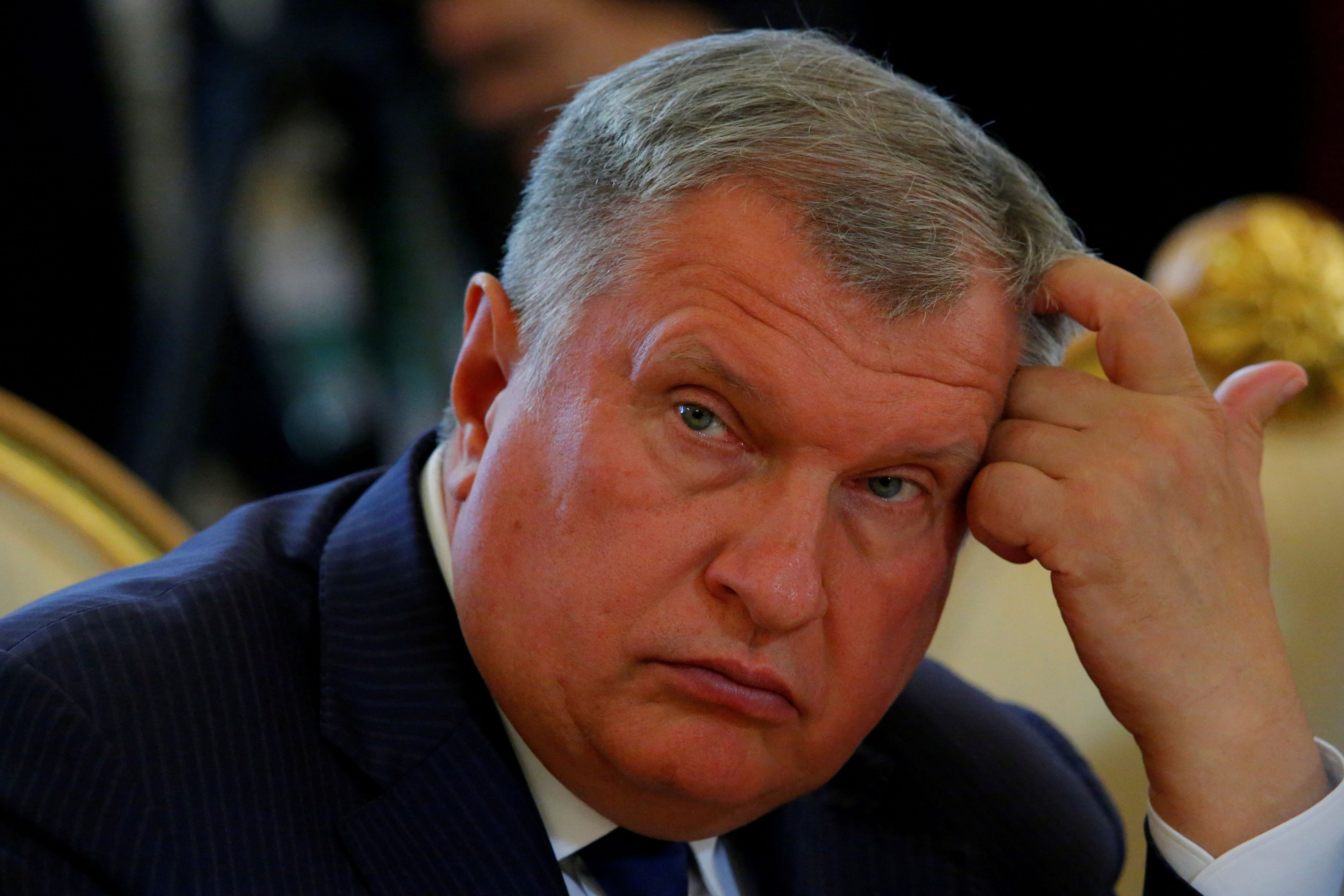
During Putin's first term as president, the joke circulating in Moscow was that Sechin didn't really exist: instead, US diplomats mischievously suggested that it was some kind of urban myth, a character invented by the Kremlin to instill fear, according to the Guardian.
Sechin has followed in all the footsteps of his friend and boss. When Putin became head of the Foreign Affairs Committee of the St. Petersburg mayor's office in 1991, he was appointed his chief of staff. Since then, he has been his close collaborator in charge of security services and energy issues, and as a member of the more conservative wing of the Kremlin. Putin appointed Sechin as president of Rosneft in 2004. In 2008 he became deputy prime minister of his cabinet, until 2012. Since then he has been executive director and president of the Russian state oil company.
It was sanctioned by the United States and the European Union in February, four days after the Russian invasion of Ukraine and, in March, by the United Kingdom.
Among its assets, the yacht Amore Vero, registered in the Cayman Islands and owned by Kazimo Trade & Invest Ltd, of the British Virgin Islands, stands out. French authorities indicated that Sechin is the main shareholder of the company that owns the yacht, valued at USD 120 million
Igor Shuvalov
He held various positions in the Russian government since the late 1990s. Until 2018 he was first deputy prime minister, responsible for the federal budget and economic policies of Russia. After a decade in office, he left the government and assumed the presidency of the State Development Corporation VEB.RF.
He became known for his and his family's extravagant lifestyle, fortune and business in tax havens. According to the Navalny Anti-Corruption Foundation, Shuvalov “helped create the system of state corruption that ended up dominating the country's institutions.”
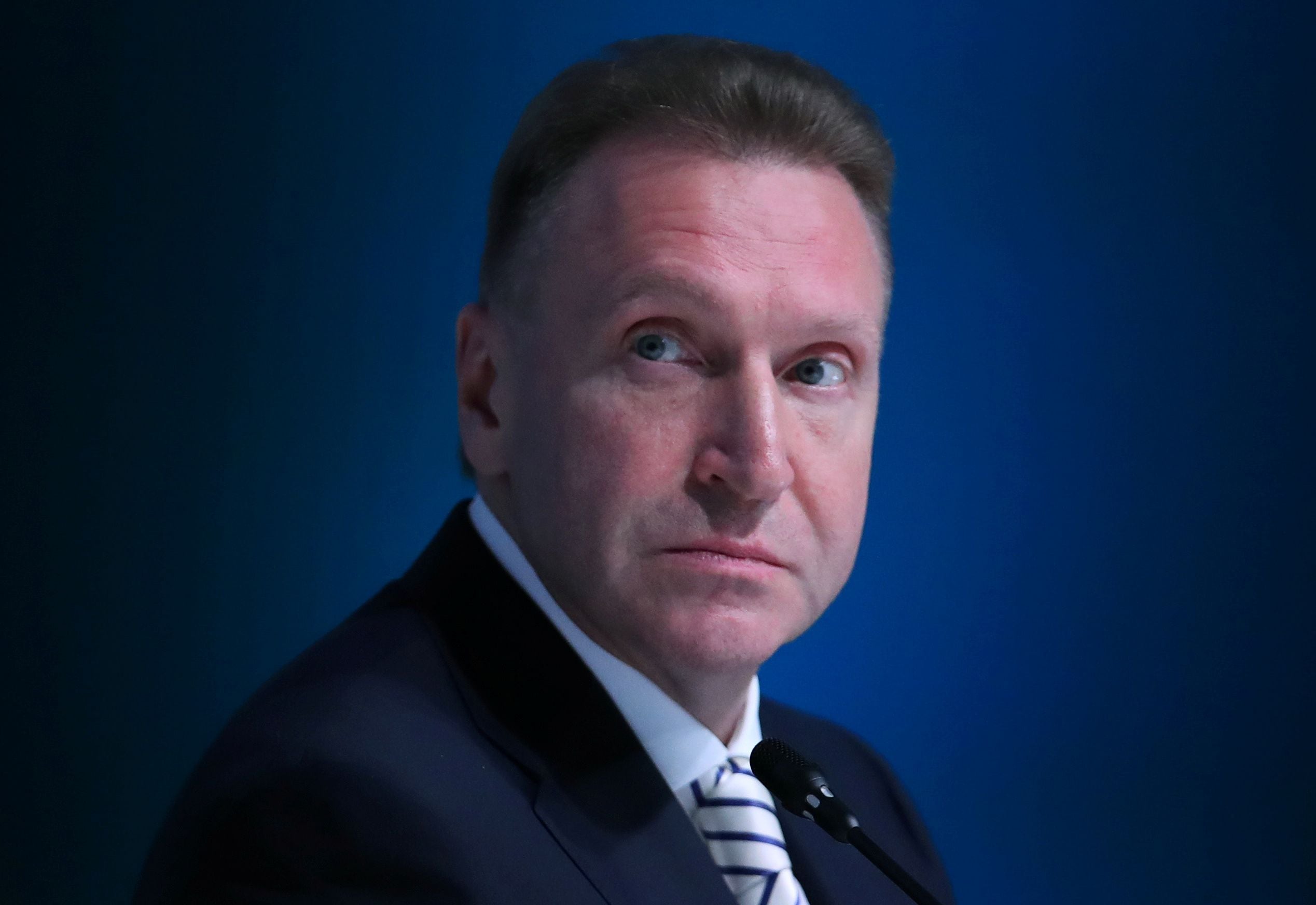
It was hit by sanctions by the European Union, the United States, Australia, and the United Kingdom, which extended them to their families.
Among its assets, there is a castle in Salzburg, Austria. Until 2017, he was linked to a real “matryoshka” of companies, which included a company in that country, a trust in Liechtenstein, controlled by a company in the British Virgin Islands, associated with Evgeny Shuvalov, Shuvalov's son who was then 24 years old. At this time the owner of the castle, valued at USD 10.2 million is unknown. But private planes linked to Suvalov companies have landed at an airport in the vicinity of the castle, suggesting that the family still uses it.
Shuvalov is associated with a Gulfstream G650, registered LX-MOW, through the company AT6207 Ltd of Luxembourg. While it is unknown who controls it today, until recently, this private jet was owned by the Bermuda company VL6207 Ltd, which in turn was linked to Chariton International Ltd. of the British Virgin Islands. Behind it was Maria Shuvalova, Shuvalov's daughter. In March 2022, the US Treasury Department sanctioned LX-MOW and claimed that it is associated with Evgeny Shuvalov, Shuvalov's son. Flight history reveals that this Gulfstream G650, valued at USD 65 million, traveled to airports in Italy and Austria, near where Shuvalos owns properties.
This millionaire Russian politician also owns a mansion located on Dubai's famous man-made island Palm Jumeirah, valued at $8 million. Until 2019 it was controlled by a UK company whose beneficiaries were Evgeny and Maria, Shuvalov's two sons.
Gennady Timchenko
Powerful oil tycoon and Russian billionaire, known for being a very close friend of the Russian president. According to Bloomberg, he accumulates an estimated fortune of $10.3 billion, making him the sixth richest person in Russia.
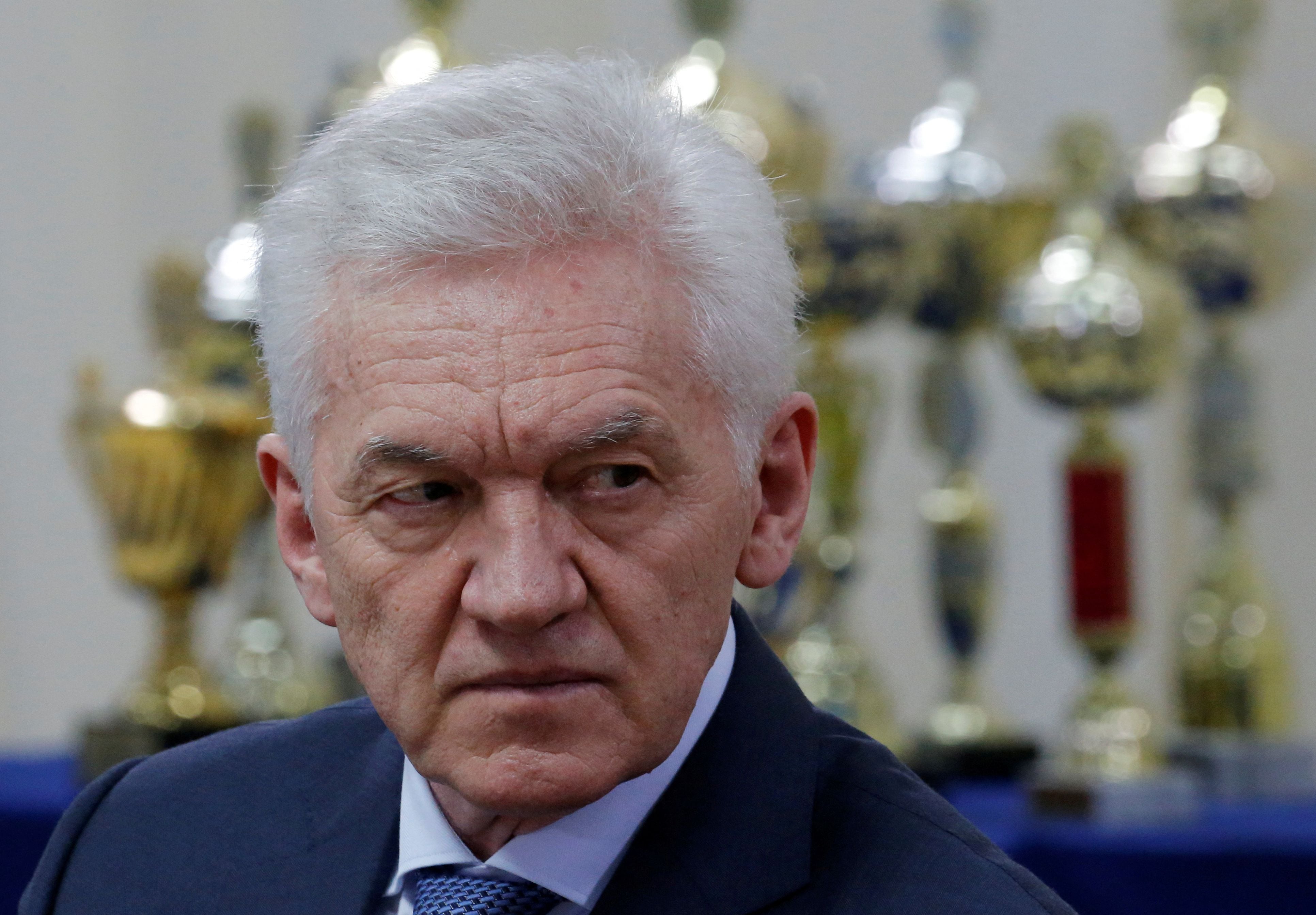
Friend and confidant of the long-standing holder of the Kremlin, he started with an oil export license given to him by Putin in 1991. Eight years later, Timchenko founded Gunvor, which grew rapidly to become one of the world's leading oil dealers. He is also a shareholder of Rossiya Bank, regarded as the personal bank of senior Russian officials, including the president.
Its investment fund Volga Group became the majority shareholder of natural gas giant Novatek in 2010, expanding Timchenko's control over Russia's oil and gas industry. The Pandora Papers investigation revealed that a Timchenko company involved in Novatek's investment, called White Seal Holdings, obtained three millionaire loans between 2007 and 2008 for more than USD 1 billion from two shell companies registered in Cyprus, and from another in Panama.
In 2014 it had already been sanctioned by the United States for supporting Russia's annexation of Crimea. According to the US Treasury Department, “Timchenko's activities in the energy sector have been directly related to Putin. Putin has investments in Gunvor and can have access to Gunvor's funds.”
Last February, following the invasion of Ukraine, Timchenko was hit by sanctions by the United Kingdom and the European Union.
His yacht Lena, valued at USD 55 million, was embargoed by the Italian authorities after the Russian invasion of Ukraine last February, as part of sanctions imposed on him by the European Union and the United Kingdom. It is registered in the name of Roxlane Corporate Ltd of the British Virgin Islands, whose final beneficiary is Timchenko.
The Russian Asset Radar also highlights its Swiss mansion. According to the Land Registry of this country, Timchenko's wife and son own a villa in Cologny, the most luxurious area of Geneva.
But its assets go beyond the heart of Europe. Through the Luxembourg-based company White Anchor Holdings SARL, Timchenko has shares in the company Arena Events Oy, which controls a coliseum in Helsinki, the capital of Finland, where concerts, hockey matches and sporting events are organized.
Denis Popov
Current chief prosecutor of Moscow who, in June last year, declared several organizations linked to Navalny as “extremists”. This decision meant that his activity was banned in Russia and, in practice, the dismantling of the opposition leader's political movement, currently in prison.
After a period as chief prosecutor of the Republic of Dagestan, in 2019 Popov was personally appointed by Putin to serve as prosecutor for the Russian capital. Two years later, the president awarded him the Order of Honor for “strengthening the rule of law” in Russia.
According to a 2019 report published on Navalny's website, Popov “personally initiates cases against opponents at the behest of the Russian National Guard.” The Moscow prosecutor's office would play a key role in labelling them as “foreign agents”.
The Russian Asset Radar identified two apartments in the luxurious port of Marbella, in southern Spain, in the name of his ex-wife, Irina Popova, valued at USD 1.4 million. His ex-wife is also linked to Monte Biser, in Montenegro. By 2020, it accumulated $4.2 million in assets, including property.
Nikolai Tokarev
President of Transneft, one of Russia's largest state-owned companies, which transports 82% of the country's oil pipelines. A former general of the Russian secret services, he is a longtime collaborator of Vladimir Putin since both were agents of the KGB - the Soviet intelligence agency - in East Germany in the 80s.
He and his family built up a business and real estate empire that spans all over Russia and Europe. He is one of the enablers and beneficiaries of the Kremlin's kleptocracy, including the construction of Putin's palace in Gelendzhik.
It was included in the sanctions of the European Union, the United Kingdom, the United States and Australia.
Among Tokarev's properties, a 19th century imperial villa in Croatia stands out, which is in the name of his daughter, Mayya Nikolaevna Tokareva, through the company Katina D.O.O. It is a mansion built by Emperor Franz Joseph I of Austria, located on the island of Losinij in the Adriatic Sea of Croatia, known as a magnet for Russian money, valued at USD 4.1 million. In Croatia, Tokarev's daughter has another company linked to a $740,000 property on that same island of Losinij.
Vladimir Solovyov
Highly influential journalist and commentator on several prime-time programs in Russian state media. He is considered a propagandist in the service of the Kremlin, and is known for his extremely hostile attitude towards Ukraine. He defended and advocated the extrajudicial treatment of Navalny and other opposition figures.
In 2014, he received a medal for his coverage in favor of Russia's annexation of Crimea. When the invasion of Ukraine took place on February 24, Solovyov told viewers that it was a historic day on which “the just denazification of Ukraine begins.”
A day earlier, Solovyov was sanctioned by the European Union and at least two of his properties in Italy seized. The journalist owns two summer villas on the shores of Lake Como, in northern Italy, one in Menaggio and one in Pianello del Lario, worth approximately USD 8 million. In addition, the Russian Assets Radar identified another department in Griante, in the same area.
Yuri Chaika
Former Minister of Justice of Putin and former Attorney General of Russia until 2020. He oversaw several criminal investigations on a political basis, and was singled out for collecting compromising material on leaders and public figures. He was also involved in corruption investigations conducted by the opposition.
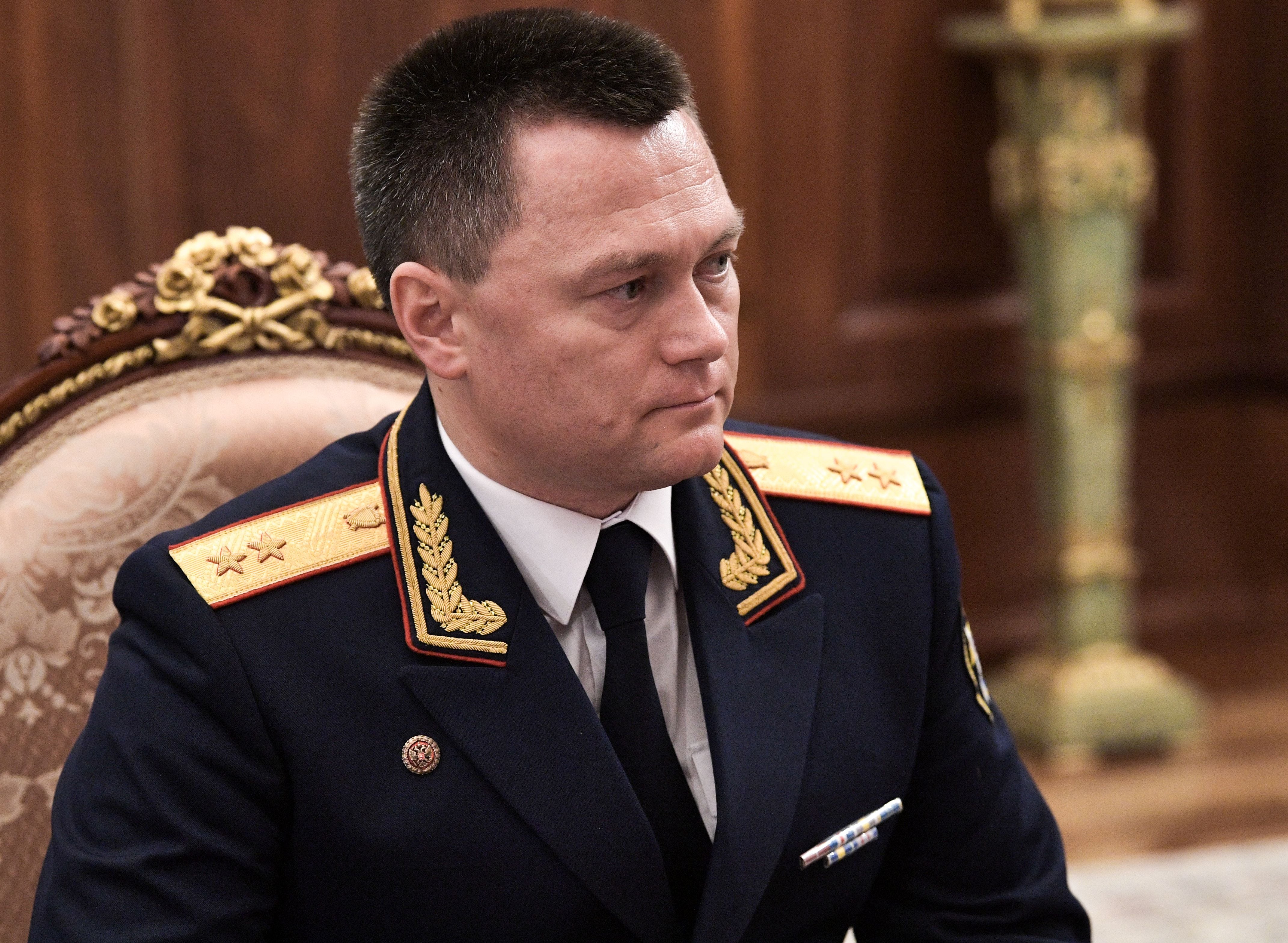
Chaika is believed to be the man behind the famous Trump Tower meeting, where a Russian lawyer promised Donald Trump Jr information about Hillary Clinton, although in fact he would have pushed to repeal the Magnitsky Act, which sanctions and freezes US assets linked to corruption or human rights violations.
One of the people sanctioned in 2017 under the Magnitsky Act is Chaika's own son, who according to the United States used his father's position to pressure competition to obtain public contracts and assets. The luxurious properties of Chaika's family abroad were exposed by the Alexei Navalny Anti-Corruption Foundation.
In Vourvourou, a small fishing village in northern Greece, Artem Chaika, the son of Yuri Chaika, has land valued at USD 400,000, as identified by the Russian Assets radar.
Konstantin Ernst
Director, since 1999, of Russia's leading television station Channel One, one of Russia's leading pro-government media. He is credited with helping to create Putin's political personality and to broadcast propaganda news that fits the Kremlin's agenda. In 2014, Ernst conducted the acclaimed opening and closing ceremonies of the Sochi Winter Olympics.
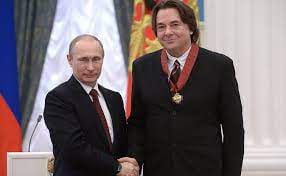
Channel One has been a key source of misinformation about Ukraine. In 2014, the channel published notes stating that Malaysia Airlines Flight 17 was shot down by a Ukrainian fighter jet and not by pro-Russian separatists. He also spread that Ukrainian soldiers crucified a child, a false news. Putin awarded Ernst the Order of Merit of the Fatherland for his work.
Last year, the Pandora Papers investigation revealed that just nine months after the Games, Ernst won a 23% secret stake in a Russian company that, in a $1 billion deal, acquired 39 old cinemas and surrounding Moscow city properties. The agreement was financed by a USD 16.2 million loan from a Cyprus bank, partly owned by VTB. It is one of the sanctioned banks, also known as Putin's “piggy bank”, for its ties to the Kremlin. The properties were sold at the minimum price set by an auction run by the Moscow government to fictitious companies.
After the Russian invasion of Ukraine in February 2022, Channel One continued to spread falsehoods about the country's situation. Ernst was included among those sanctioned by the European Union and Canada this month.
The Russian Asset Radar identified that Larisa Sinelschikova, Ernst's ex-girlfriend of more than 12 years, is co-owner of an apartment bordering the Mediterranean Sea in Cannes, in the heart of the French Riviera. The company that owns the apartment has shares worth more than USD 1 million.
Dmitry Peskov
Former diplomat, he is the current spokesman for Putin and deputy head of the Presidential Executive Office. The United States sanctioned him for the role he played in Russia's global disinformation campaign. His relatives were also sanctioned by the United States this month for their “luxurious lifestyle, inconsistent with the salary of Peskov's civil servant.”
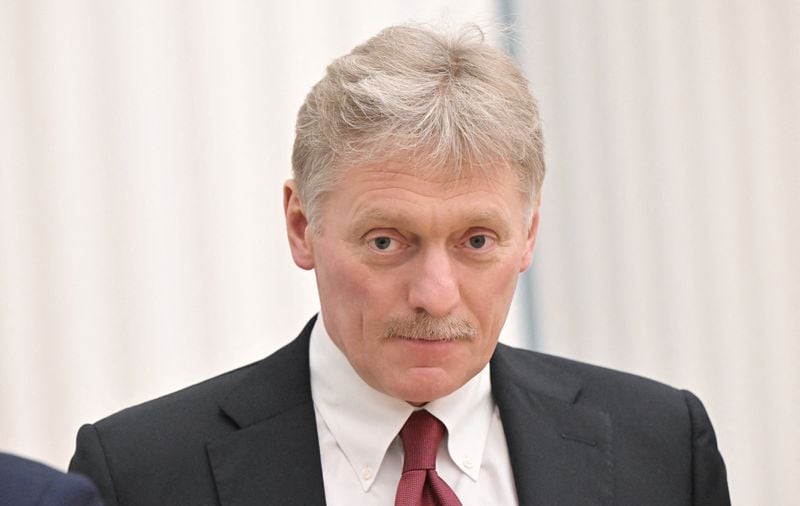
Peskov has publicly defended Russia's aggression against Ukraine and stressed that Crimea, a territory that his country illegally seized, is “an integral part of Russia and will never be returned.”
The research led by OCCRP has detected an apartment located in the elegant 16th arrondissement of Paris. It is owned by the company Sirius SCI, controlled by Ekaterina, Peskov's ex-wife, as well as her daughter Elizaveta.
In addition to OCCRP and The Guardian, Transparency International UK, Le Monde (France), Follow the Money (Netherlands), NDR (Germany), Tamedia (Switzerland), Swedish Television (Sweden), Reporter.lu (Luxembourg) participated in this first stage of the asset survey and screening in Europe , Re:Baltica (Latvia), De Tijd (Belgium), investigace.cz (Czech Republic), Bird.bg (Bulgaria), Oštro (Slovenia/Croatia), ICJK (Slovakia), Anti Corruption Data Collective, Irpimedia (Italy), Lighthouse Reports (Countries Netherlands), Inside Story (Greece), InfoLibre (Spain), Delfi Estonia, Siena (Lithuania), Profil (Austria), FrontStory.pl (Poland) and Miami Herald (United States).
Data processing and data visualization: Daniela Czibener and Andrés Snitcosky
Data loading: Desiré Santander
KEEP READING:
Últimas Noticias
Debanhi Escobar: they secured the motel where she was found lifeless in a cistern
Members of the Specialized Prosecutor's Office in Nuevo León secured the Nueva Castilla Motel as part of the investigations into the case

The oldest person in the world died at the age of 119
Kane Tanaka lived in Japan. She was born six months earlier than George Orwell, the same year that the Wright brothers first flew, and Marie Curie became the first woman to win a Nobel Prize

Macabre find in CDMX: they left a body bagged and tied in a taxi
The body was left in the back seats of the car. It was covered with black bags and tied with industrial tape
The eagles of America will face Manchester City in a duel of legends. Here are the details
The top Mexican football champion will play a match with Pep Guardiola's squad in the Lone Star Cup

Why is it good to bring dogs out to know the world when they are puppies
A so-called protection against the spread of diseases threatens the integral development of dogs


